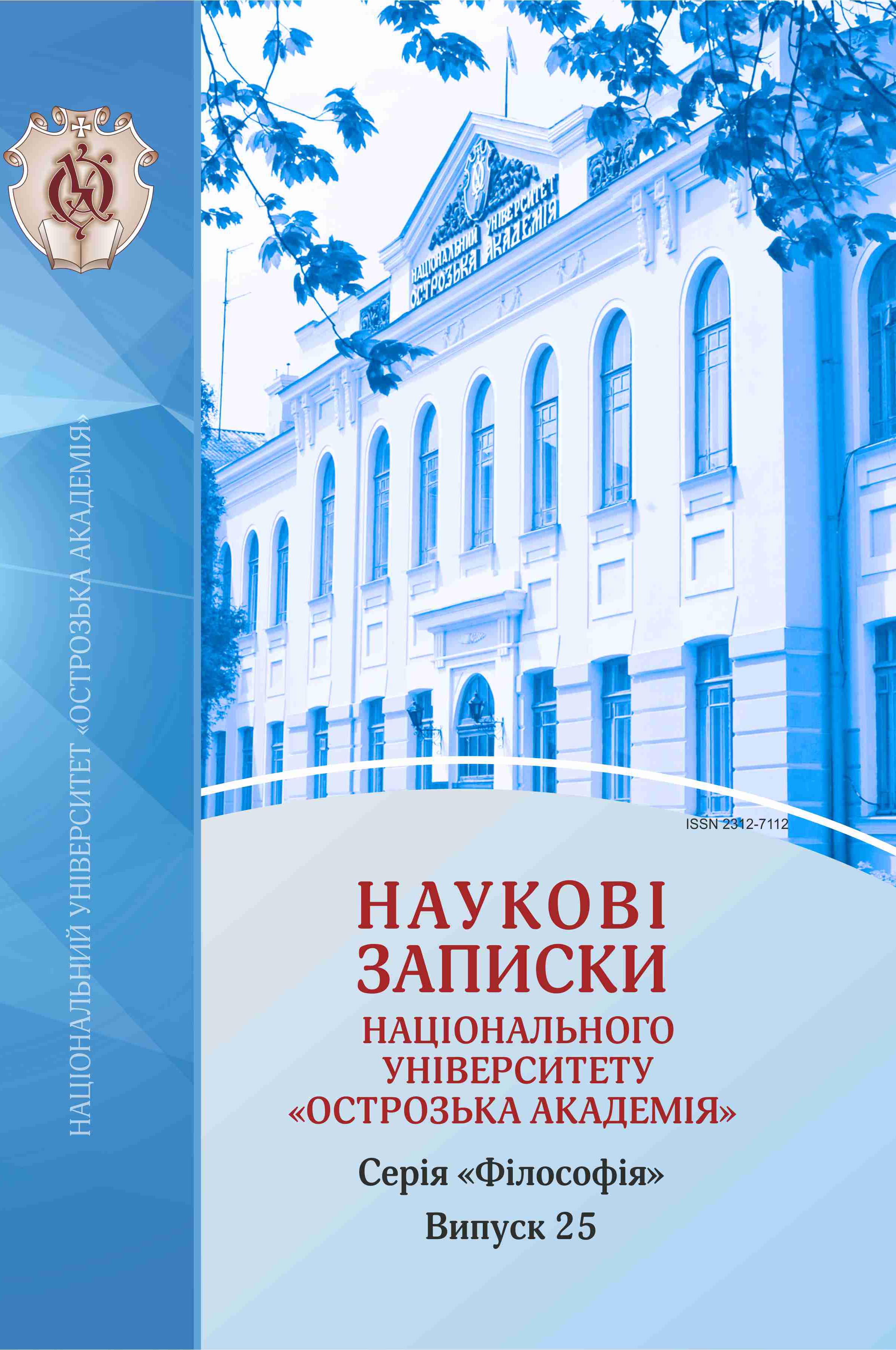ПОСТМОДЕРНІЗМ – ОСНОВНІ ІДЕЇ ТА ЇХ СУСПІЛЬНО-ПОЛІТИЧНІ ІМПЛІКАЦІЇ
Ключові слова:
постмодернізм, деконструкція, трансгресія, істина, постправда, західна цивілізація, нігілізм, релятивізм, логоцентризм, основа, постгуманізмАнотація
Метою статті є показати причинно-наслідковий зв’язок між філософськими ідеями постмодернізму, а також його культурним вираженням і суспільно-політичною ситуацією сучасного Заходу, окресленою автором статті як цивілізаційний занепад.
У статті розглядається контекст виникнення постмодернізму як панівного сьогодні в західному світі світогляду, а також його основні філософські ідеї, такі як деконструкція, трансгресія, антилогоцентризм, втрата довіри до метанаративів, скептицизм у ставленні до концепції істини, моральний релятивізм та інше. Автор статті розглядає еволюцію постмодернізму, що відбулась за останні півстоліття, пройшовши шлях від академічних кіл через різні сфери культури до політичного активізму і життя пересічних людей. У статті робиться особливий наголос на наслідках постмодерністських ідей в суспільно-політичному житті Заходу. У цьому контексті аналізується феномен політики постправди (post-truth politics), сексуальна революція, політична поляризація суспільств, соціальна інженерія і загалом криза євроатлантичної цивілізації. Постмодернізм розглядається як декаданс європейської культури. У висновку з’являється контекст війни й державотворення в Україні та зв'язок їхніх перспектив з духовним і цивілізаційним становищем Заходу.

